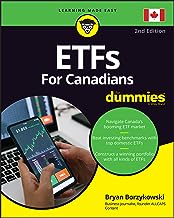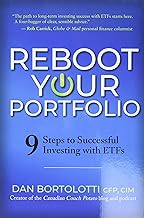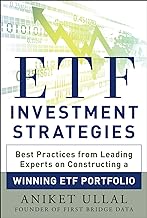First and foremost, let’s address the importance of investing at an early age. Time is indeed money when it comes to investing, and starting early offers several distinct advantages:
-
- Compound Growth: Compound interest is often referred to as the eighth wonder of the world, and for good reason. By reinvesting your returns, you earn returns on your returns, leading to exponential growth over time. The earlier you start, the longer your money has to compound, potentially resulting in significant wealth accumulation over the years.
-
- Risk Mitigation: Investing early allows you to take on more risk because you have a longer time horizon to weather market fluctuations. This means you can afford to allocate a higher percentage of your portfolio to growth-oriented assets, potentially earning higher returns in the long run.
-
- Financial Education: Investing early provides invaluable lessons and experience that can help you make better financial decisions later in life. By starting young, you have the opportunity to learn from both successes and failures, honing your investment strategy and financial literacy along the way. Another great way to learn more about investing is to read books on the subject, which can easily be found on Amazon.
Why ETFs?
With the decision to invest early firmly established, the next question is where to allocate your funds. This is where ETFs shine. Here are several reasons why ETFs are an excellent choice, particularly for novice investors:
-
- Diversification: ETFs offer instant diversification by holding a basket of securities, such as stocks, bonds, or commodities. This diversification helps mitigate risk by spreading your investment across multiple assets, industries, or regions.
-
- Low Cost: ETFs typically have lower expense ratios compared to mutual funds, making them a cost-effective option for investors. Additionally, because ETFs are passively managed, they tend to have lower turnover and transaction costs.
-
- Liquidity: ETFs trade on stock exchanges, allowing investors to buy and sell shares throughout the trading day at market prices. This liquidity provides flexibility and accessibility, enabling investors to quickly adjust their portfolio holdings as needed.
-
- Transparency: ETFs disclose their holdings on a daily basis, providing investors with transparency and visibility into the underlying assets. This level of transparency allows investors to make informed decisions about their investment allocations.
-
- Accessibility: ETFs are accessible to investors of all sizes, with no minimum investment requirements. This makes them an ideal option for young investors who may not have large sums of capital to deploy.
Putting It All Together
In conclusion, investing early is paramount for building long-term wealth and financial security. By harnessing the power of compounding returns and starting early, investors can potentially achieve their financial goals with greater ease. And when it comes to choosing where to invest, ETFs offer a compelling solution, providing diversification, low costs, liquidity, transparency, and accessibility—all factors that are particularly beneficial for young investors.
Whether you’re just starting your investment journey or looking to optimize your existing portfolio, consider the advantages of early investing and the benefits of incorporating ETFs into your strategy. With time, patience, and a disciplined approach, you can set yourself on the path towards a financially secure future.






